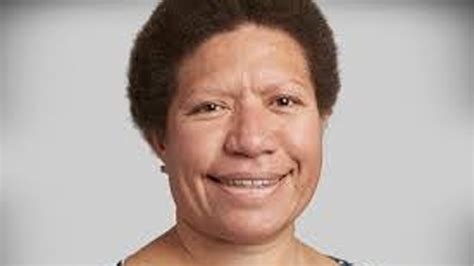The Parliament of PNG has passed a series of amendments targeting the mining, oil and gas industries, which give the Minister greater flexibility in determining whether to grant or refuse petroleum development licences, according to a briefing note by law firm, Allens.
One of the key elements for the mining industry is that the Mining Minister may impose a ‘minimum expected level of return’ for the State on a licensee, say Allens authors Rob Merriam, Jacqui Rowell and Sarah Kuma, writing in Insights.
“What the level of return might be, how it would be calculated and how it would be enforced are not prescribed in the O&G Amendments,” they say.
Existing applicants may also be subject to these amendments if the Minister has not yet granted their licence, they add.
The legislation follows the Marape government’s refusal to grant an extension of the Porgera mining licence which expired last August, although JV company Barrick New Guinea Ltd (BNL) had sought a 20-year extension as far back as June 2017.
Barrick’s CEO, Mark Bristow, reaction was that it was “tantamount to nationalisation without due process” and legal action in the PNG Courts is continuing.
This month (July), Barrick has begun layoff staff. According to Barrick, most of the 116 expatriate employees have already been retrenched, while 2650 PNG nationals will have their employment terminated prior to the end of July at a projected cost to the company of K180 million (US$52 million).
“This is already having a big impact on the economy,” Shane McLeod, analyst at the Lowy Institute, told Islands Business.
